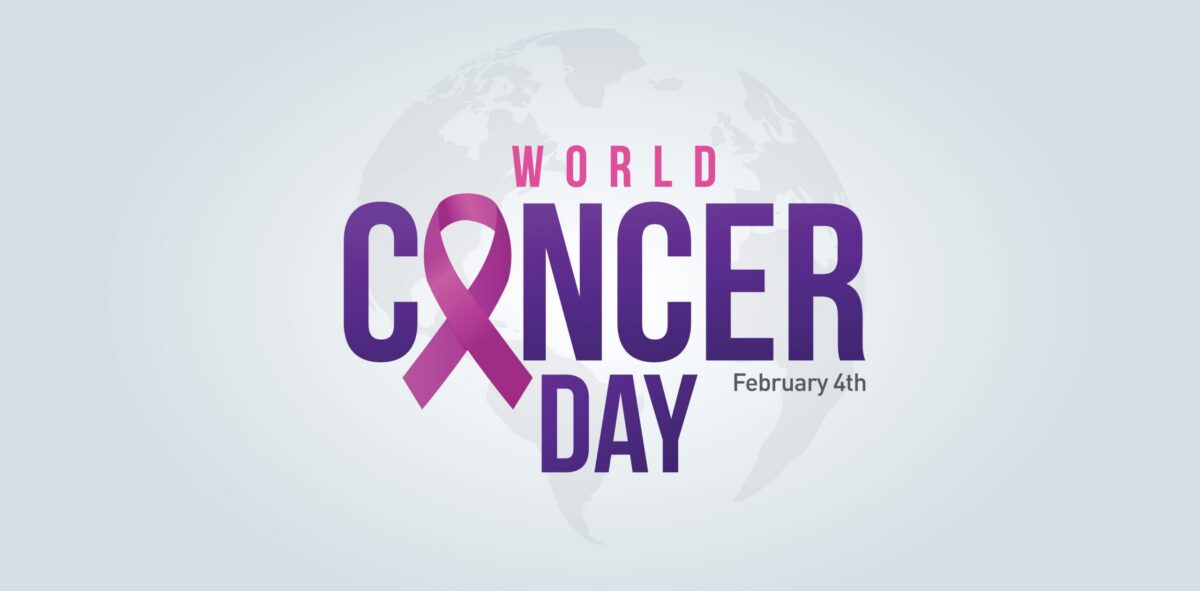Prescribing drugs to treat a condition other than its US Food and Drug Administration (FDA) approved indication, is known as off-label drug use. It’s estimated that around 12 to 20 percent of all prescription drugs are prescribed for uses other than those indicated on the label. This has the potential to present a significant risk of adverse drug events in patients, as clinical trials were never conducted to test the safety and efficacy of the pharmaceutical in treating the off-label condition.
Though the FDA tightly regulates the approval of new pharmaceuticals and medical devices, the agency does not – and never has – regulated the practice of medicine. This means that prescribing a drug for an off-label indication is not only legal, but actually quite common in clinical practice.
There are three common reasons why a medication may be prescribed for off-label usage:
- The drug was tested and approved for use in adults, however the patient belongs to a group – such as pediatric, pregnant or psychiatric patients – often excluded from clinical trials.
- The patient has a rare or advanced-stage disease for which no approved treatment exists, and the physician believes there is substantial evidence supporting the off-label use of the drug for this indication.
- Based on a patient’s needs, the pharmaceutical dosage or delivery method must be customized.
If physicians ensure that pharmaceuticals are only prescribed for off-label uses when compelling evidence supports it, these drugs can prove invaluable to some patients. For example, cancer patients are often prescribed off-label drugs designed to treat another form of cancer, because the drug could have an effect on other tumor types.
Once an off-label use of a drug becomes common, or even the standard of care for a given condition, one might wonder why the pharmaceutical company would not opt to file a supplemental drug application to get FDA approval for the new indication. After all, pharmaceutical companies are not permitted to advertise or otherwise market an indication for a drug, unless it is a so-called on-label use.
Much like applying for a new drug application, obtaining FDA approval for another indication can be very time-consuming and costly. Oftentimes this investment may not be recouped by sales of the drug, therefore it is usually more beneficial to continue to allow the drug to be prescribed for off-label uses.
Off-Label Drug Use Lacking Strong Scientific Evidence
Physicians most often rely on independent research published in reputable medical journals to determine whether off-label drug use is appropriate for a given condition. The problem arises however, in trying to quantify what constitutes significant scientific evidence supporting off-label drug use.
A recent study conducted by researchers at McGill University in Quebec, Canada, suggest that off-label use of medications are associated with an increased risk of adverse drug events. In their study of off-label drug use – the results of which were published in the journal, JAMA Internal Medicine – the McGill researchers found that 80 percent of off-label prescriptions were not supported by sufficient scientific evidence.
“Our main message is off-label prescribing or use without strong scientific evidence should be discouraged,” said Tewodros Eguale, an associate professor at the Massachusetts College of Pharmacy and Health Sciences, and primary author of the study. “Physicians need to look for other approved drugs.” According to Eguale, physicians should be “very vigilant” when prescribing medications for off-label uses.
The researchers collected data from electronic health records – which display information on when and why drugs were prescribed, along with the clinical outcome – from 46,021 patients over five years. In all, these patients were prescribed a total of 151,305 medications.
The researchers reported that 7.6 percent of the patients experienced adverse drug events, regardless of the drug’s indications. Drugs prescribed off-label however, were associated with a 44 percent higher rate of adverse side effects, compared to those administered for their approved indications.
Furthermore, patients who were prescribed a medication for an off-label indication without strong scientific evidence, were almost 22 percent more likely to experience an adverse drug reaction. The study investigators did find that off-label drug use associated with strong scientific evidence was no more likely to increase a patient’s risk of side effects than on-label drug use.
Supporting Alternative Treatments
In the US, off-label drug use is harder to track as physicians are not required to include indication information in a prescription. While some maintain that that US physicians should be required to include diagnosis and indication information when writing a prescription, other doctors are concerned it would leave them vulnerable to potential liability in the case of an off-label drug reaction.
While some cases of off-label prescribing are rooted in the strong belief that the medication could be effective, some suggest that many physicians are simply unaware of the FDA-approved indications for most drugs. A 2009 national survey of 1,199 physicians – published in the journal, Pharmacoepidemiology and Drug Safety – found that the doctors could only identify the approved indications for 22 drugs approximately 55 percent of the time.
“Physicians are free to prescribe medications for whatever they think is in the patient’s best interest,” said Robert Aptekar, an orthopedic surgeon in San Jose, California. “I don’t think physicians know exactly the list of specific indications that are approved by the FDA for any particular medicine.”
In an attempt to increase the number of approved treatments for conditions currently relying on off-label drug use, the FDA has spent three decades incentivizing pharmaceutical innovations in the rare disease space. The Orphan Drug Act offers tax breaks, exclusive marketing rights and discounted drug application fees to pharmaceutical companies developing orphan drugs.
Despite continuous efforts to increase the availability of drugs for traditionally underrepresented conditions, off-label prescribing practices are unlikely to discontinue anytime soon. As some drugs are heavily relied-upon for their off-label indications, physicians are encouraged to prescribe medications for unofficial uses only when sufficiently compelling scientific evidence exists to support it.
Do you think off-label drug use puts patients at an increased risk of adverse events? How can prescribing practices be improved? Share your opinion in the comments section below!











Join or login to leave a comment
JOIN LOGIN